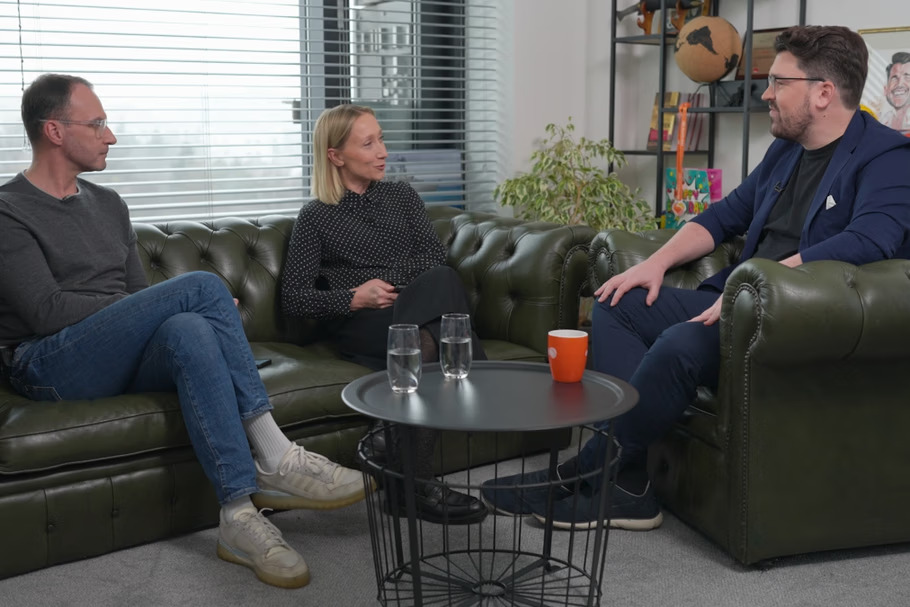Employers from regions which in recent years have attracted the most workers from abroad, such as Wielkopolska, Mazovia or Lower Silesia, cannot yet count on the inflow of hands to work from Ukraine. After the closure of Polish borders to foreigners (though not all of them) and with the limitation of transport in Ukraine (some trains and buses have been suspended there), those willing to take up employment in Poland have to overcome so many barriers that the arrival of workers is now a trace of what it used to be.
Andrzej Korkus, CEO of EWL employment agency, points out that even if an employee from Ukraine with a valid declaration or permit arrives in Poland, they will still have to spend the first two weeks in the country in compulsory quarantine. In addition, the traffic across borders is reduced. Therefore, employers’ organizations from all over the country – including those from the agri-food industry in the east and the center of Poland – have been appealing in recent days to facilitate the extension of legal residence and work permits for foreigners already working for us, e.g. on the basis of a simplified declaration procedure. (…)
However, the head of EWL emphasizes that the negative impact of the Covid-19 pandemic can be seen in factories in Poland, which very often decide to stop production or do not exclude such a decision in the coming days. ‘This causes greater uncertainty among our employees. We meet their expectations and find other jobs in their area of residence. Additionally, in order to reduce the health risks associated with moving around, we support the extension of their stays by preparing residence permits free of charge’, explains Andrzej Korkus. In recent days, further automotive factories – FCA in Tychy, then PSA in Gliwice, and on Thursday Volkswagen Poznań – announced their decisions to stop production. For now, for two weeks only, but it is not known what will happen next, which will also affect the domestic suppliers of these factories.
Source: Rzeczpospolita



